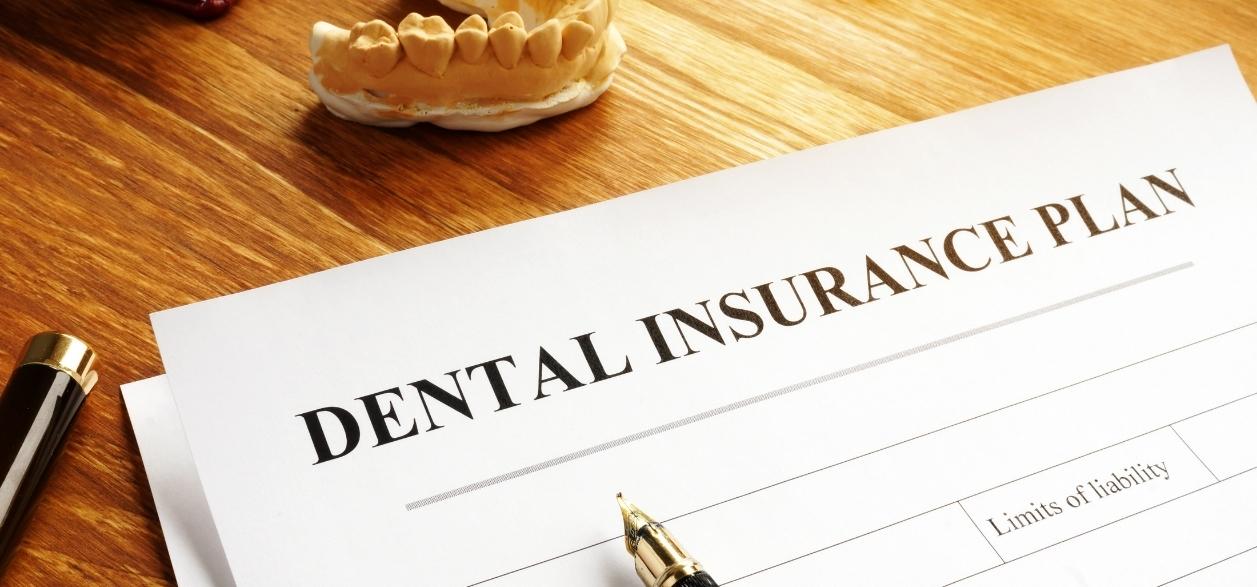
Missing teeth can be more than just a cosmetic concern; they can impact your ability to chew, speak, and maintain overall oral health. Dental implants offer a long-lasting and natural-looking solution, but they can be costly, often ranging from $3,000 to $5,000 per tooth. For low-income individuals relying on Medicaid, finding financial assistance for implants can be challenging.
So, does Medicaid cover dental implants? The answer varies by state, but in most cases, Medicaid considers dental implants to be elective or cosmetic, making them ineligible for coverage. However, there are certain situations where Medicaid may cover implants, as well as alternative options for those who do not qualify. In this article, we’ll explore how to maximize your chances of getting Medicaid to pay for dental implants and what other options are available.
Does Medicaid Cover Dental Implants?
Medicaid is a federal and state-funded healthcare program designed for low-income individuals. While it does provide dental benefits, coverage varies widely from state to state. Most Medicaid programs cover basic dental services such as:
- Routine exams and cleanings
- Fillings
- Extractions
- X-rays
- Emergency dental care
However, Medicaid rarely covers dental implants because they are classified as elective or cosmetic procedures. That said, if you can prove that implants are medically necessary, you may have a chance of getting Medicaid to cover them.
When Might Medicaid Cover Dental Implants?
Medicaid might cover dental implants under the following circumstances:
- Severe Medical Conditions – If tooth loss is due to conditions like oral cancer, congenital defects, or severe trauma, implants may be deemed necessary.
- Jawbone Deterioration – If missing teeth lead to bone loss that affects eating or speaking, implants could be considered essential for function.
- Inability to Use Dentures – If traditional dentures cause significant medical issues, such as gum disease or pain, implants might be covered as a medical necessity.
If you believe you qualify under one of these exceptions, follow the steps below to improve your chances of Medicaid approval.
How to Get Medicaid to Cover Dental Implants
If you think you might be eligible for Medicaid-covered implants, follow these steps to strengthen your case:
1. Verify Your State’s Medicaid Coverage
Since Medicaid programs differ by state, check with your local Medicaid office or visit Medicaid.gov to understand your state’s dental benefits. Some states, such as New York, California, and Washington, offer more extensive dental coverage.
2. Obtain a Medical Necessity Letter
A healthcare provider (dentist, oral surgeon, or primary physician) must submit documentation proving that dental implants are medically necessary. Your medical necessity letter should include:
- Detailed dental and medical history
- X-rays or CT scans showing the need for implants
- Explanation of why alternatives (like dentures) are not viable
- A professional recommendation supporting implants
3. Get Pre-Authorization
Medicaid requires pre-authorization for major procedures. Work with your dentist to submit a formal request, along with medical records, to get approval before undergoing treatment.
4. Appeal a Denial
If Medicaid denies your request, you have the right to appeal. The appeals process typically involves:
- Reviewing the denial letter for reasons of rejection
- Submitting additional supporting documents, such as expert opinions or case studies
- Requesting a hearing with Medicaid representatives
Alternative Options for Getting Dental Implants Without Medicaid
If Medicaid denies coverage for dental implants or your state doesn’t cover them, don’t lose hope. There are still several ways to afford dental implants.
1. Dental Schools Offering Low-Cost Implants
Many dental schools offer discounted dental procedures, including implants, as part of their student training programs. These procedures are performed under the supervision of experienced faculty, ensuring safety and quality at a lower cost.
2. Nonprofit Organizations and Charities
Some nonprofit organizations provide free or low-cost dental care for low-income individuals. Organizations that may help include:
- Dental Lifeline Network – Provides comprehensive dental care to the elderly, disabled, and medically fragile.
- Mission of Mercy – Offers free dental services through mobile clinics.
- United Way – Provides local resources for affordable dental care.
3. State and Local Dental Assistance Programs
Some states have special dental programs that provide financial assistance for necessary procedures, including implants. Check with your state’s dental association or local health department for available programs.
4. Discount Dental Plans
A discount dental plan is not insurance, but it can significantly reduce the cost of dental procedures, including implants. These plans require a small monthly or annual fee in exchange for discounted rates at participating dentists.
5. Payment Plans and Dental Financing
Many dental offices offer financing options to help spread out the cost of implants. Consider options like:
- CareCredit – A healthcare credit card offering no-interest financing options.
- LendingClub – Provides personal loans for dental work.
- In-House Payment Plans – Many dentists allow patients to make installment payments.
6. Clinical Trials
Research institutions and universities often conduct clinical trials for new dental implant techniques. Participants may receive free or reduced-cost implants as part of the study. Check ClinicalTrials.gov for ongoing studies related to dental implants.
7. Crowdfunding and Fundraising
If you’re struggling to afford dental implants, consider using crowdfunding platforms like GoFundMe or Fundly to raise money from friends, family, and the community.
Final Thoughts
While Medicaid rarely covers dental implants, it may do so if you can prove medical necessity. Be proactive by gathering documentation, working with healthcare providers, and appealing denials when necessary. If Medicaid is not an option, explore dental schools, nonprofit programs, financing plans, and clinical trials to make implants more affordable.
Getting dental implants with Medicaid can be a challenging process, but with the right approach and alternative options, you can find a way to restore your smile and improve your oral health.



